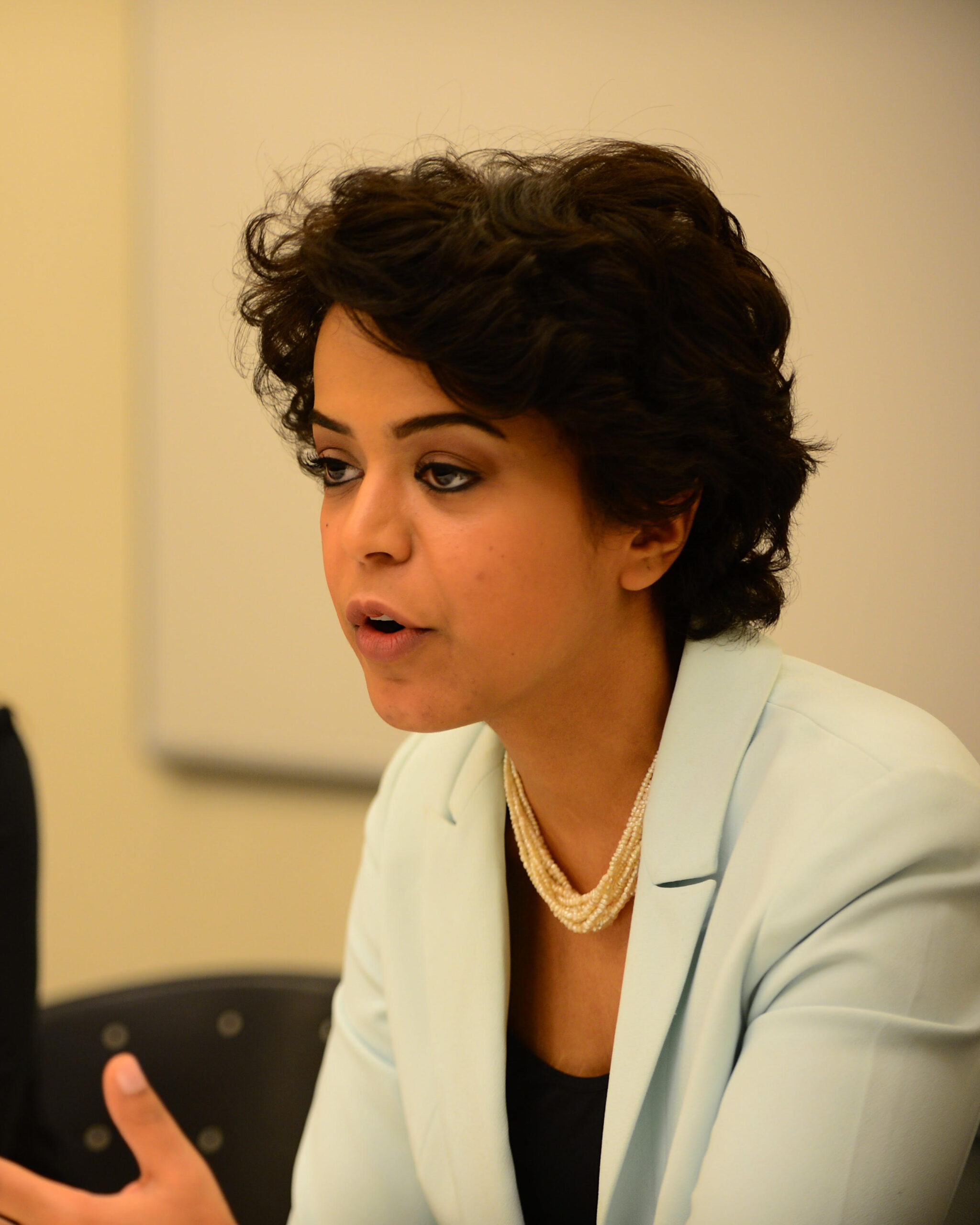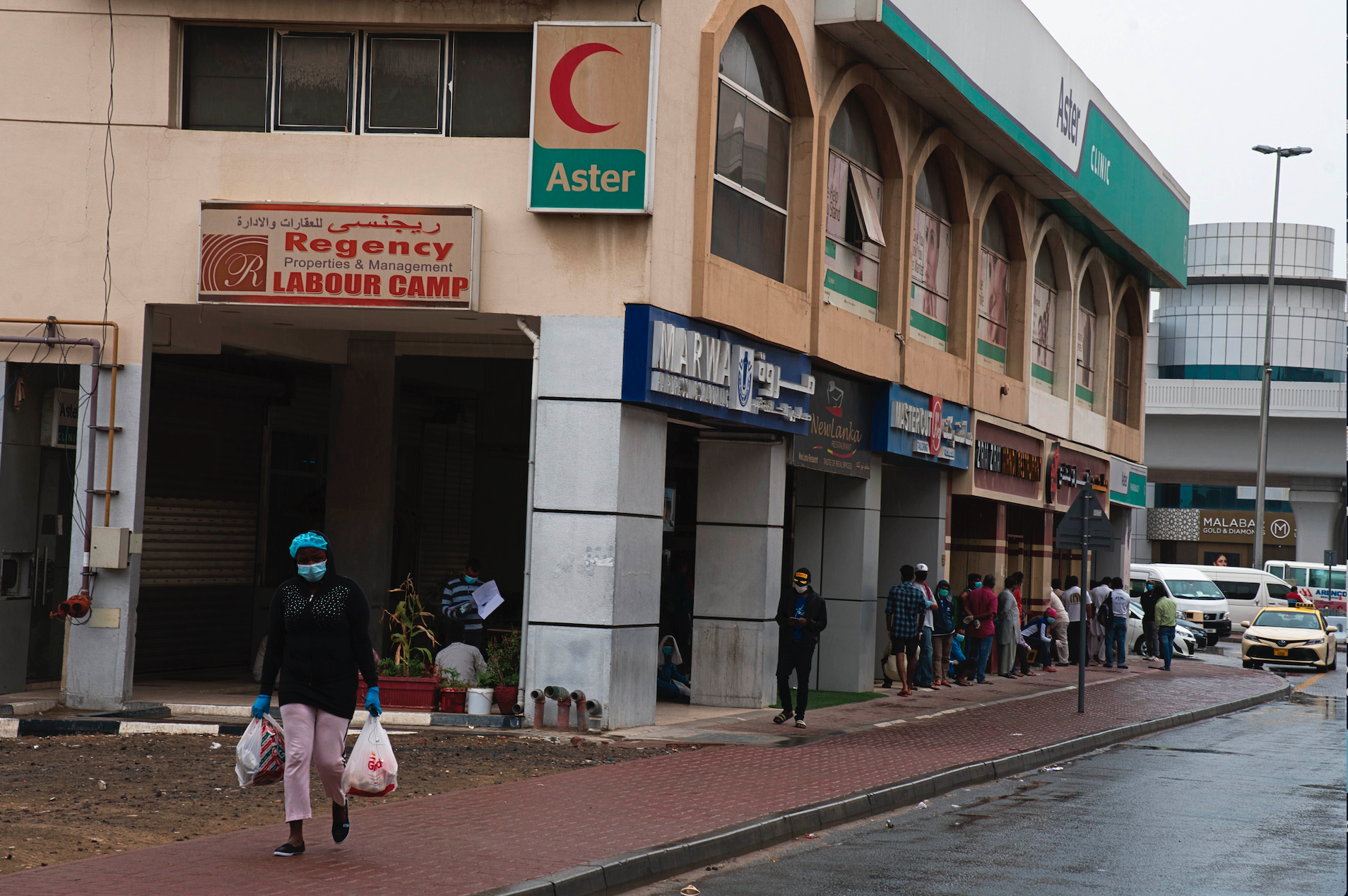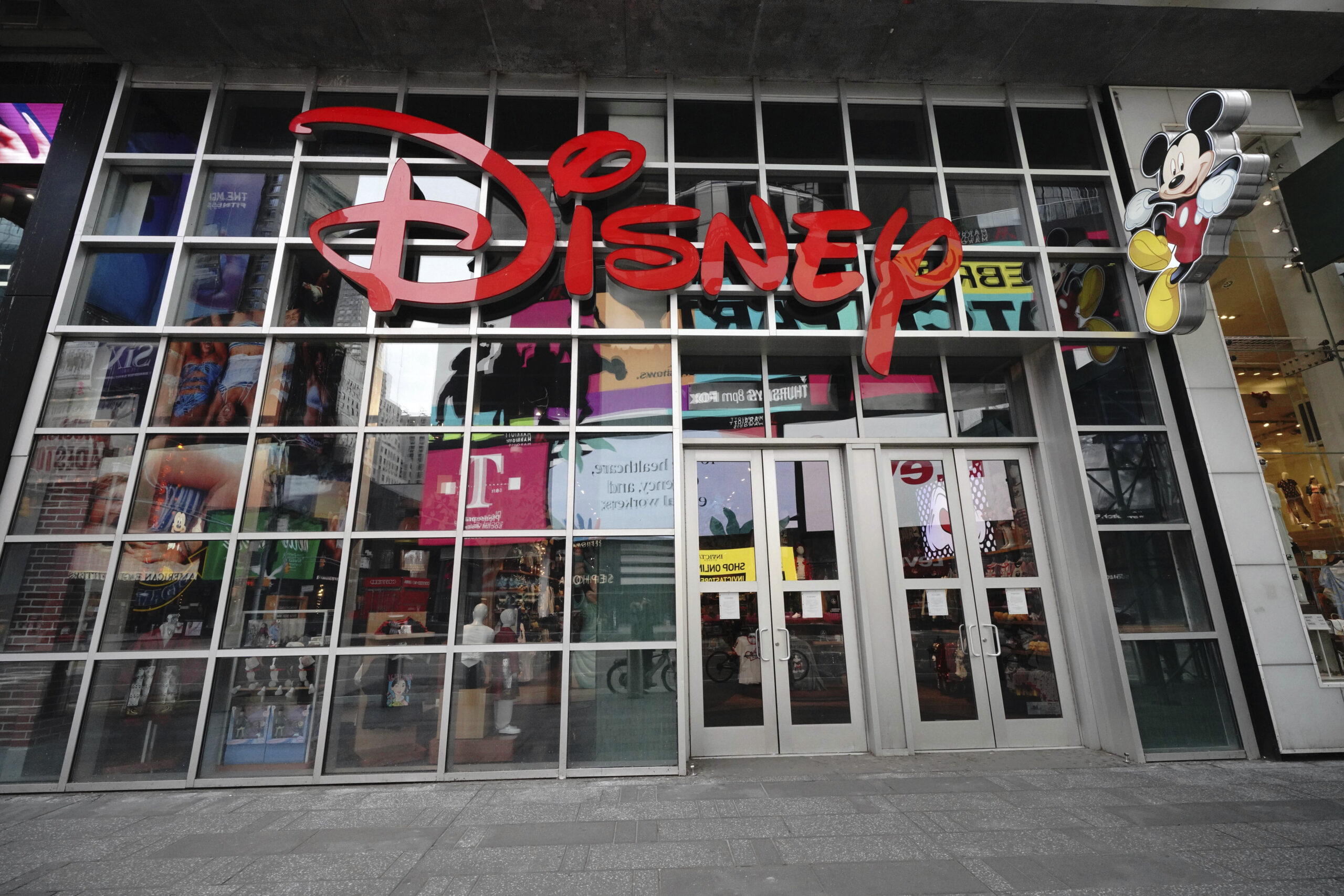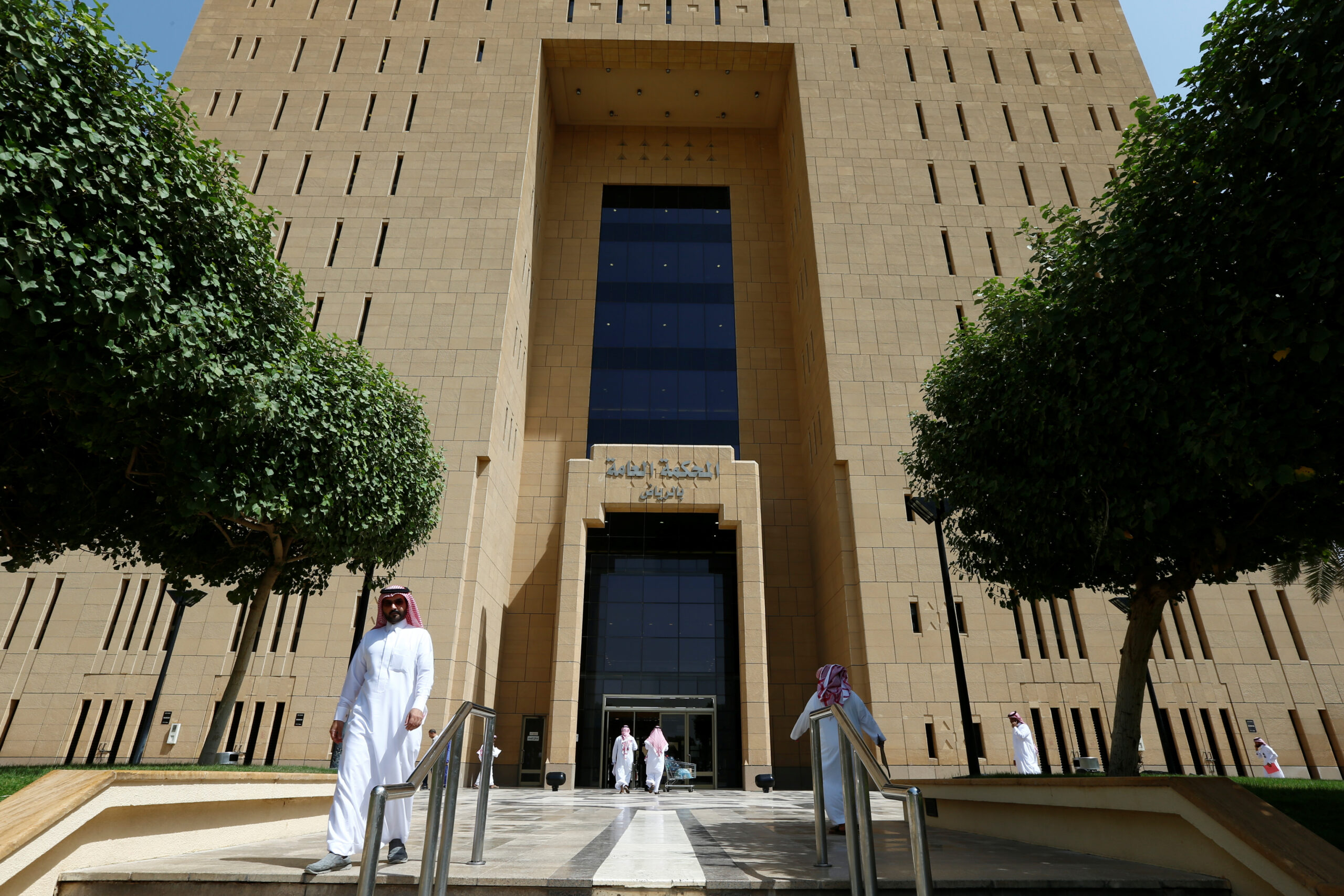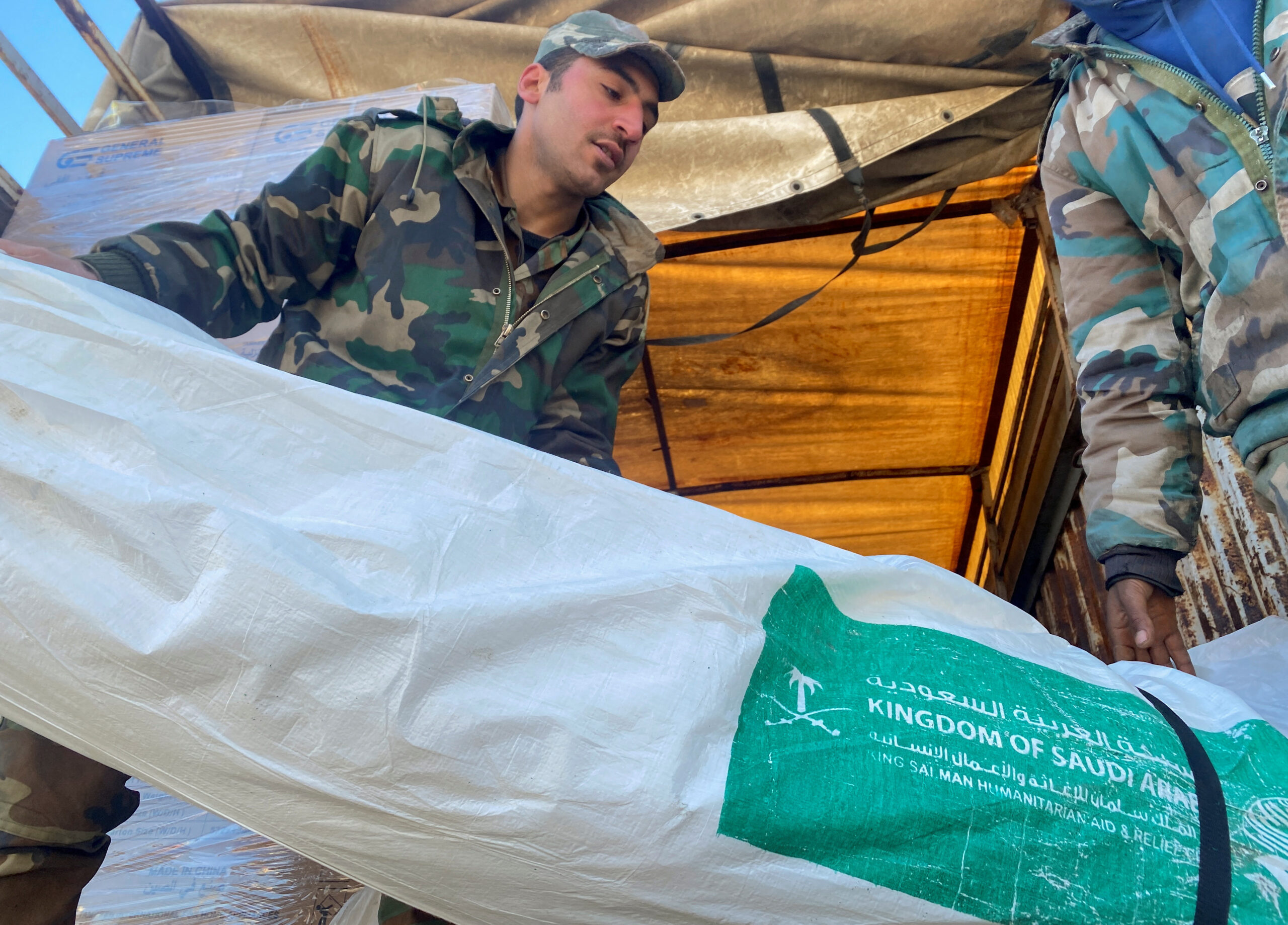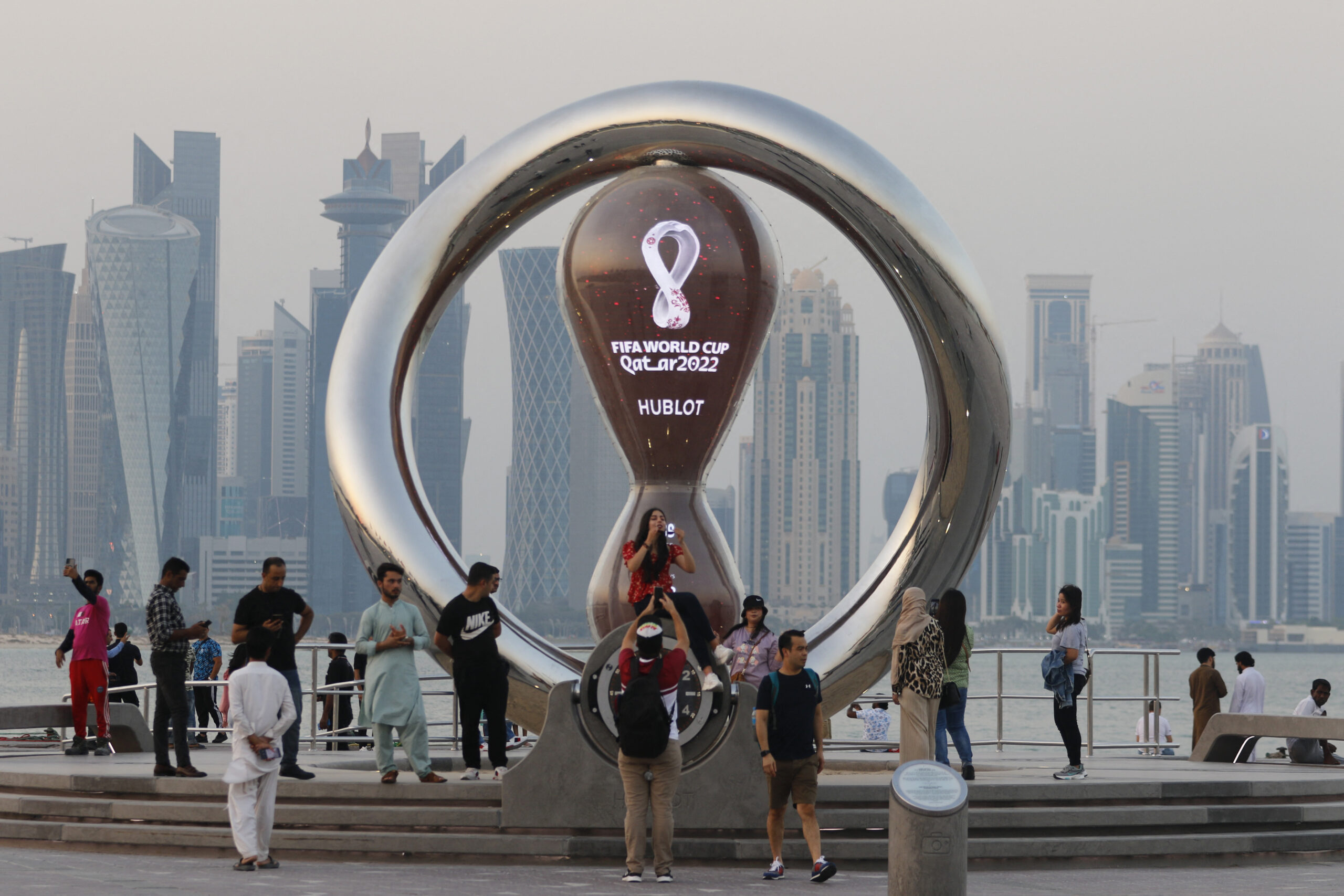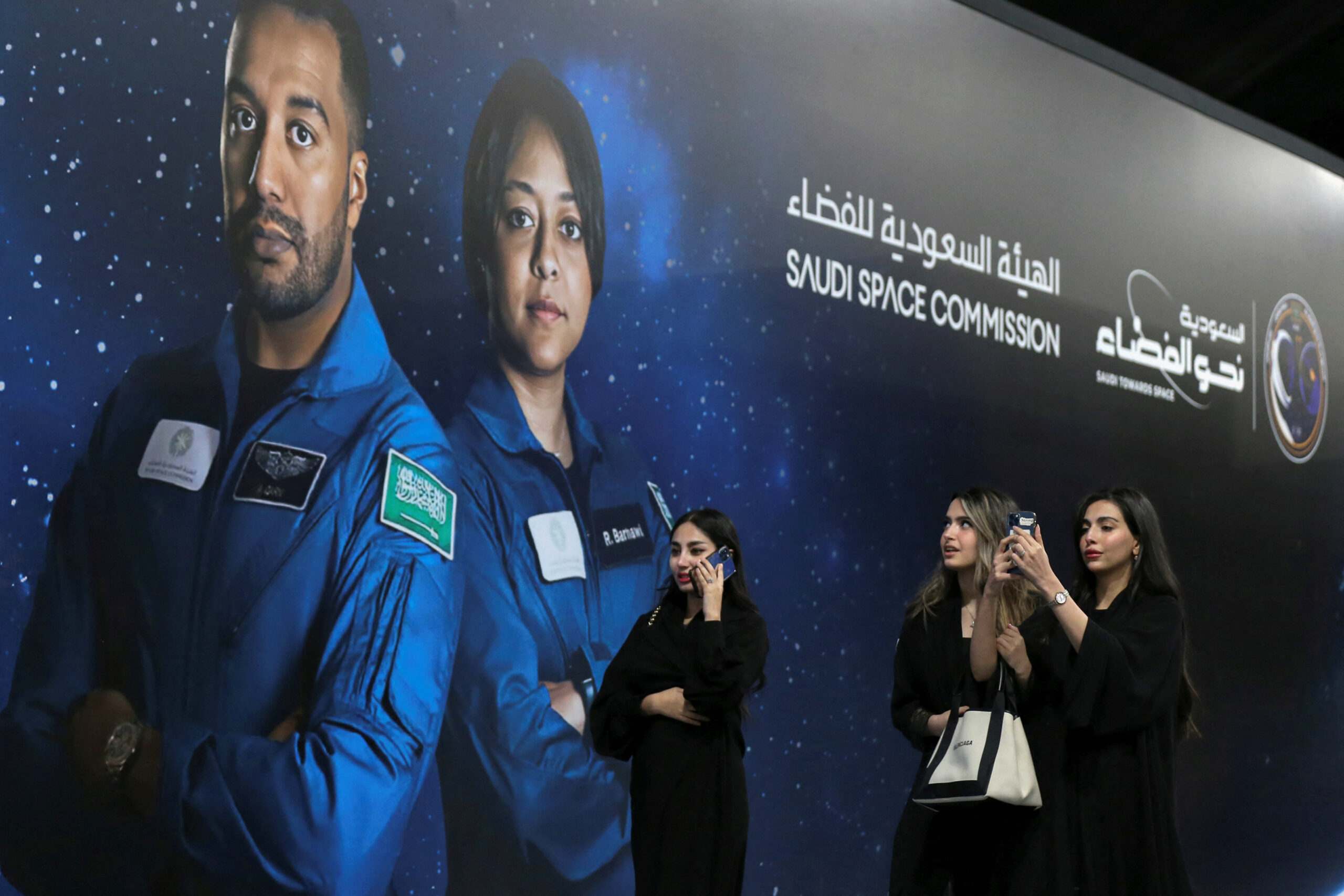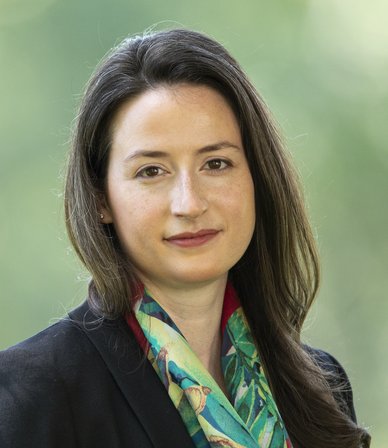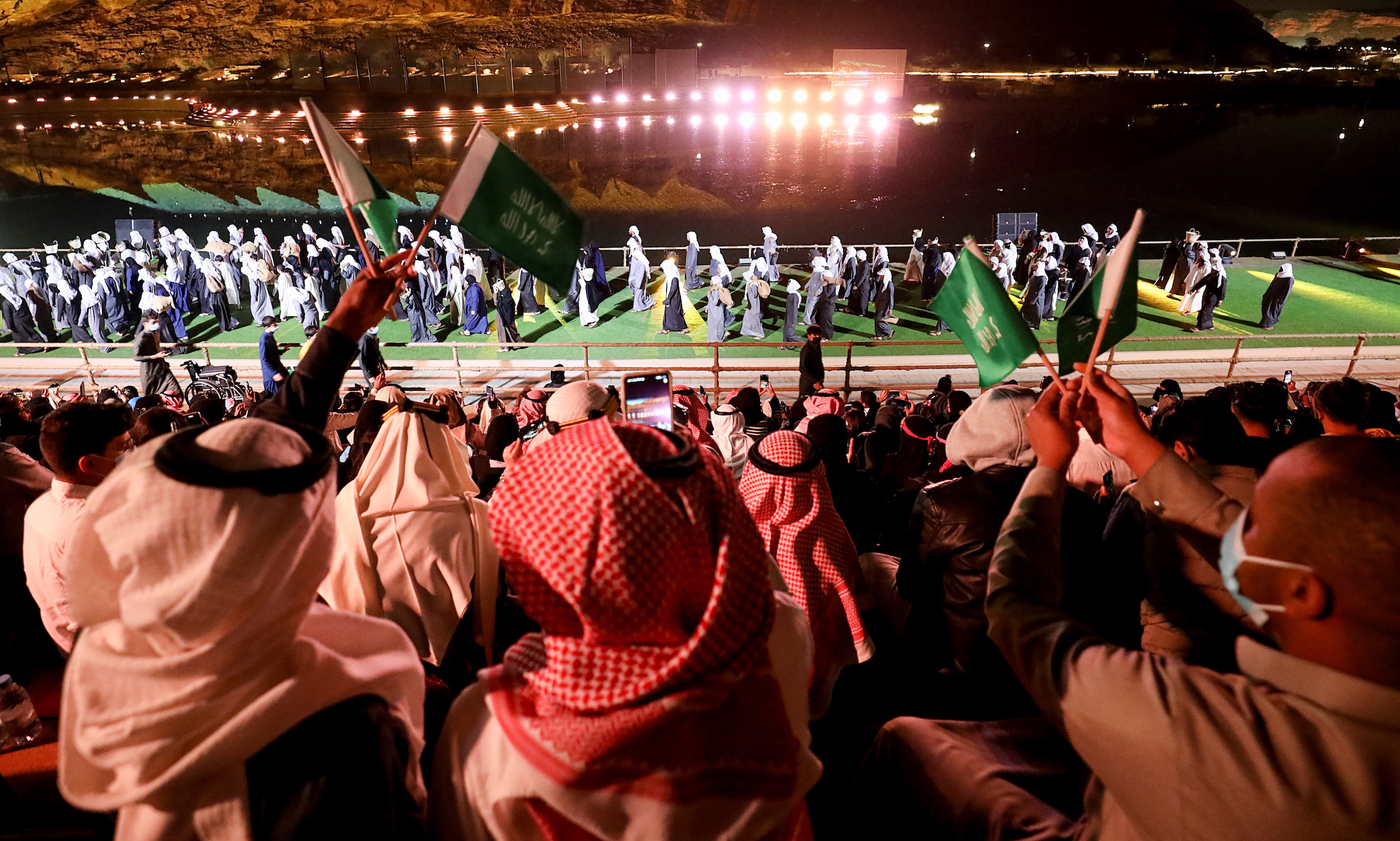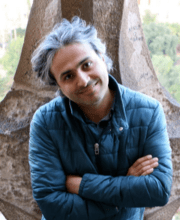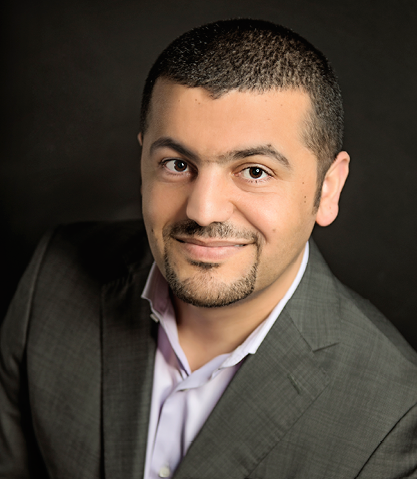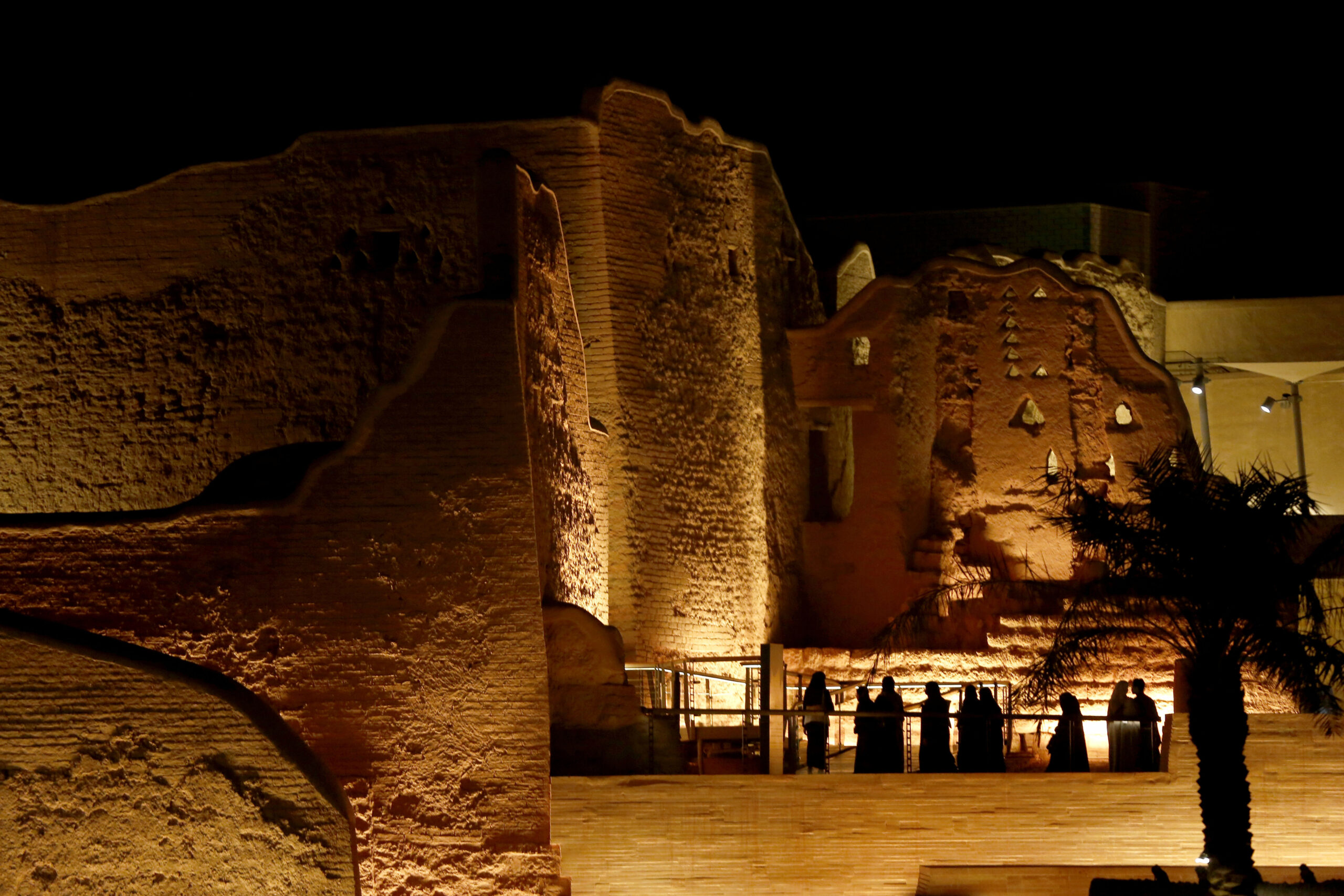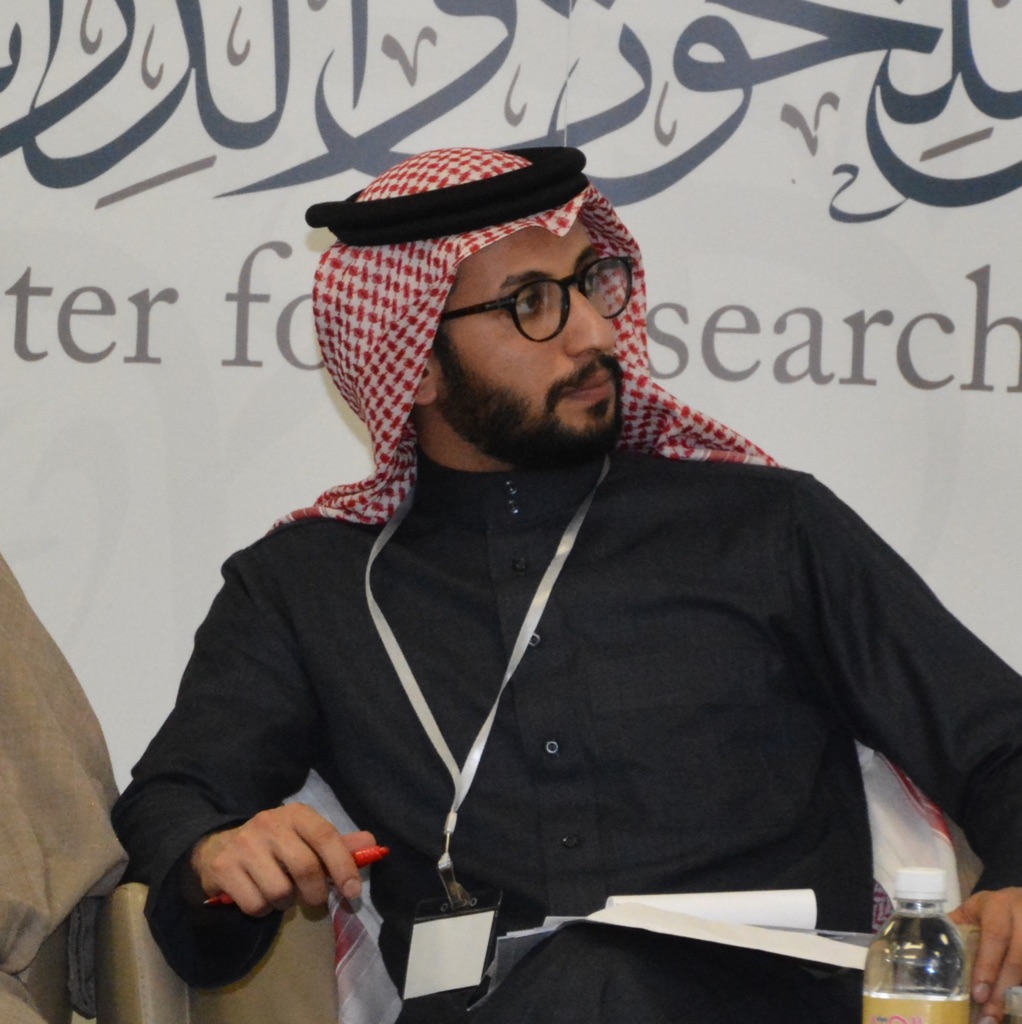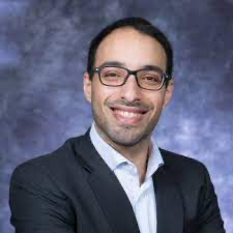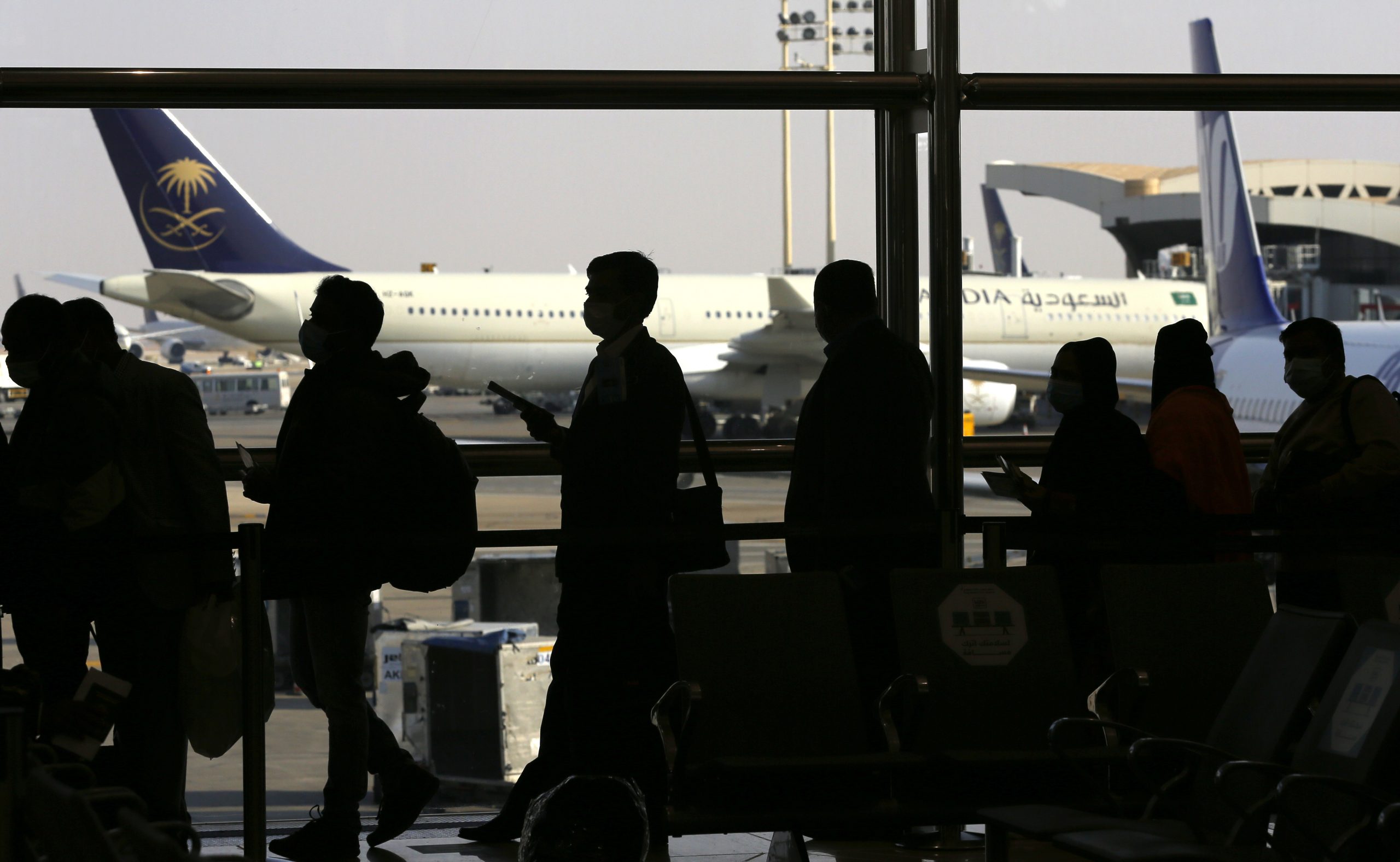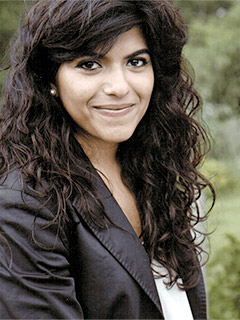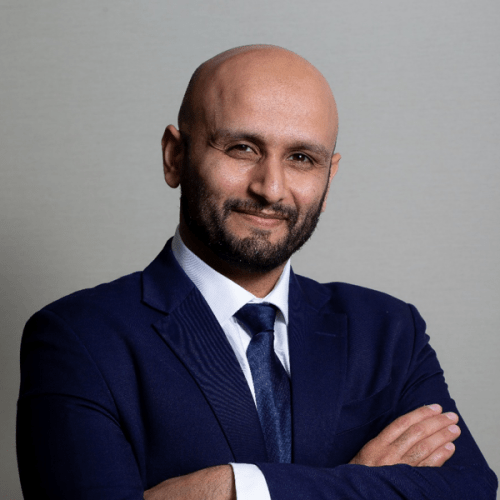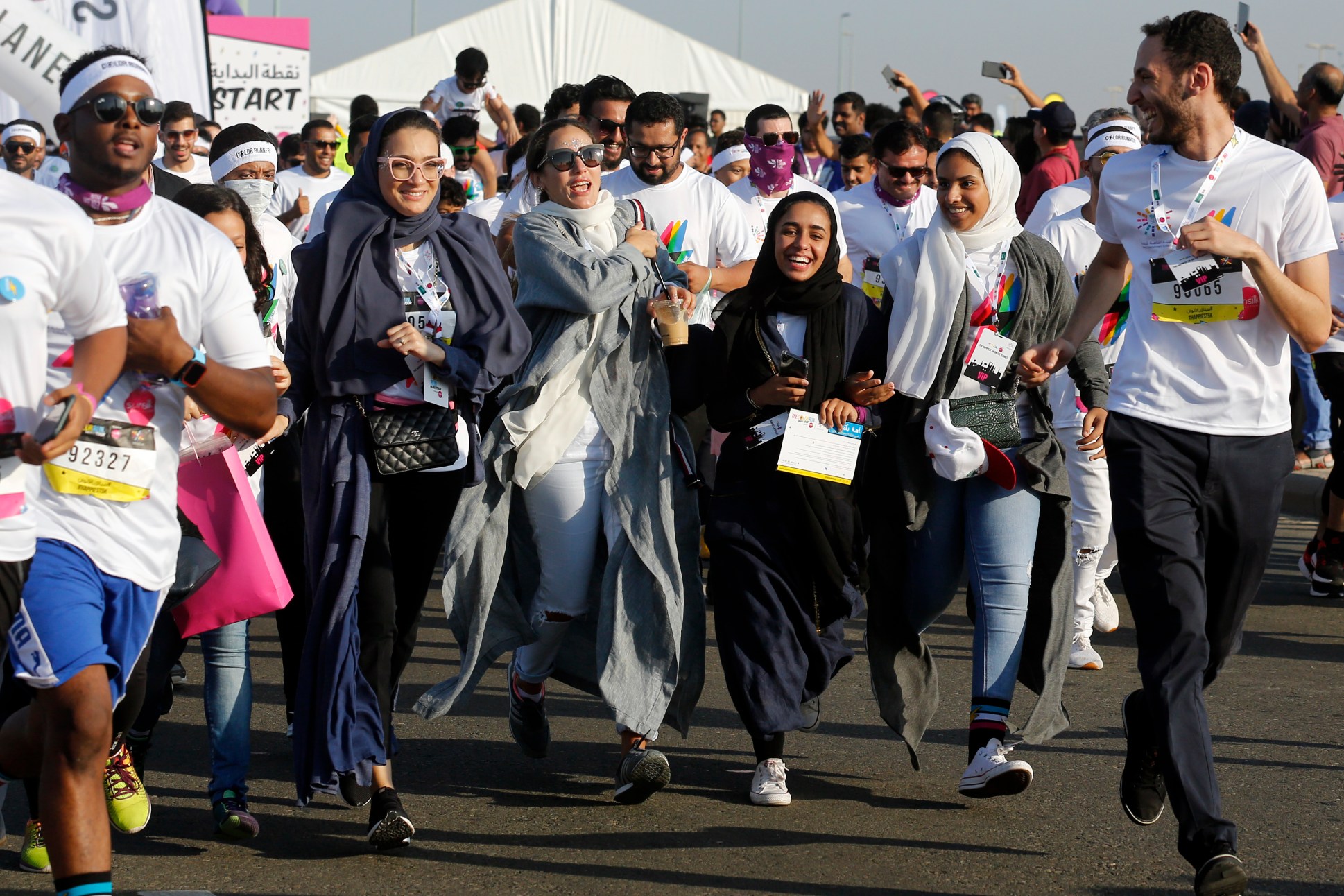Saudi Arabia Hikes Its VAT, But for How Long?
Saudi Arabia has adopted strict austerity measures to combat the dual effect of falling oil prices and the coronavirus crisis. Unlike previous measures that were lifted when oil prices recovered, a July 1 VAT increase (from 5% to 15%) is more likely to stay in place, which could present challenges to low-income families, businesses, and plans to revive domestic tourism.
9 min read
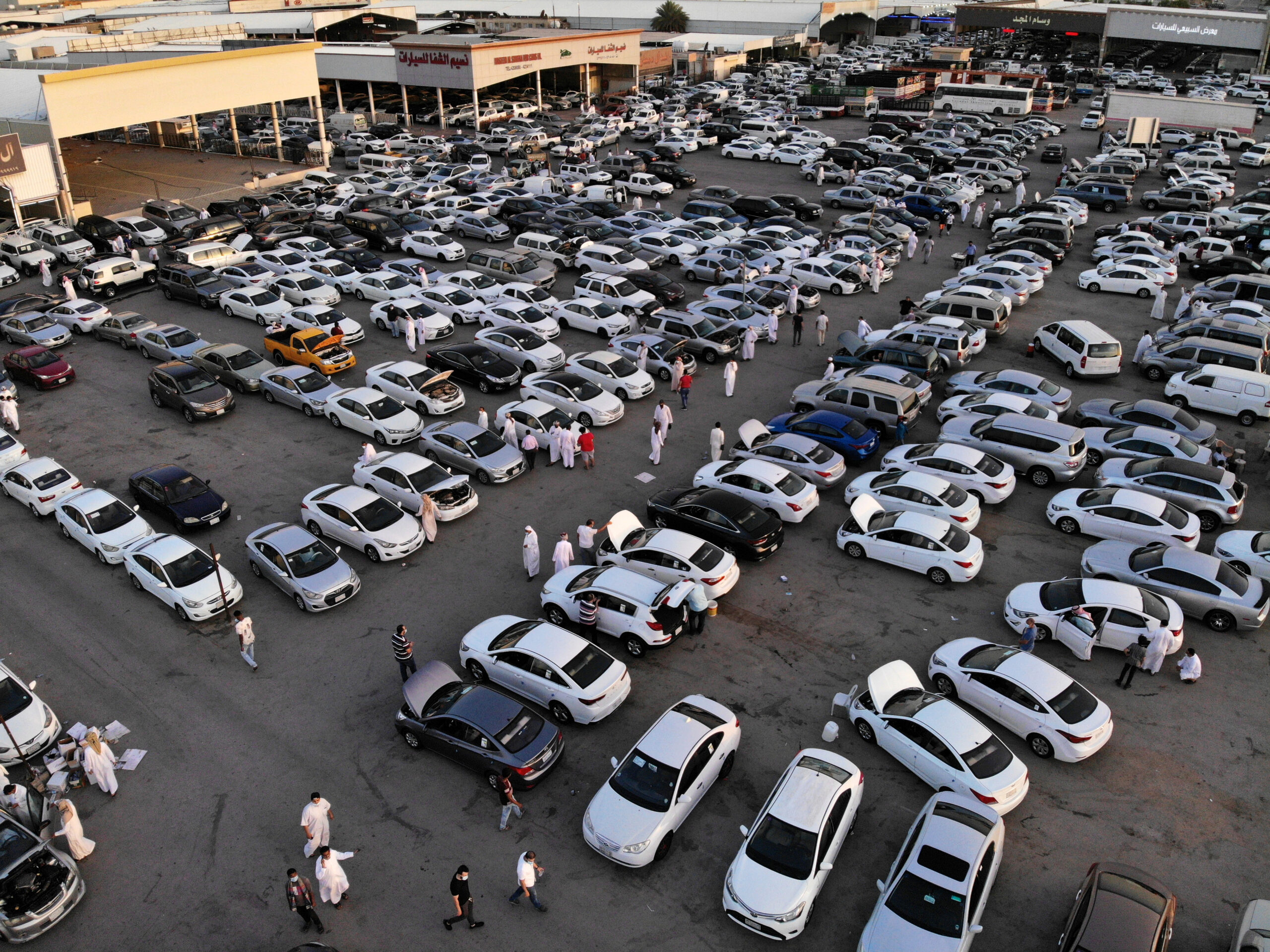
Gulf countries are coming to terms with the unsustainability of the rentier state system as the dual effect of falling oil prices and the coronavirus crisis continues to strain their economies. Saudi Arabia has taken steps to address the unsustainability of this model by introducing strict austerity measures. Even though the kingdom imposed austerity measures before, the scale of the measures introduced on July 1 signals a deeper awareness of the dire economic situation and the post-oil era Gulf countries have to face.
In 2016, Saudi Arabia rolled out a number of tough measures to combat the effect of falling oil prices. This included removing subsidies that applied to fuel and various utilities (such as water and electricity), reduction of public sector salaries (by removing allowances, benefits, and bonuses), and capital expenditure. The Citizen’s Account Program (hisab almowaten) supports medium- to low-income families and was introduced in 2017 to act as a direct subsidy for the cost of utilities, which increased as oil prices declined. Some of the measures were reversed as oil prices recovered, and public sector employees were reimbursed for the allowance cuts. Subsequently, the introduction of a 5% value-added tax in 2018 was also cushioned by a living allowance that was added to the salaries of government employees.
In early May, Minister of Finance Mohammed Al-Jadaan warned of strict and painful austerity measures and suggested that all options are open to deal with the crisis. Saudi Arabia is keen on reviving the private sector as it constitutes one of the core objectives of diversification. This is why a VAT increase was considered “absolutely unlikely” by one Saudi economist who argued that it would “negatively affect the private sector, which will not develop with additional taxes.” A few days later, however, Al-Jadaan announced a tripling of the VAT to 15% and the removal of the cost of living allowance that was introduced in 2018. A committee was also formed to reevaluate civil servant salaries. During an interview with Bloomberg, Al-Jadaan said that the money will be transferred to the health sector as well as provide aid for businesses. Additionally, the Citizen’s Account Program was hit by the crisis since it is directly tied to the price of energy. The repetitive pattern of falling oil prices followed by austerity measures that are lifted when prices recover has made the population optimistic about a similar cycle in this instance. What drove such speculation was an article that circulated widely on social media and television channels presenting Saudi Arabia as the winner of the country’s oil price war with Russia. The day before the VAT was introduced, Saudi Aramco CEO Amin Nasser said that he expects a recovery for oil demand later this year, stating that “the worst is behind us.”
However, the economy is not expected to recover the same way it did before. Al-Jadaan pointed out that the VAT increase is likely to stay in place since the benefits of imposing it on the economy will not be seen before two to three years. Yet, there are various unofficial calls by ministries to postpone the decision and a number of articles by Saudi columnists argue for its suspension. Moreover, when the 5% VAT was first introduced in 2018, some companies saw an advertising opportunity. Ads like “your tax is taken care of” offered consumers tax relief, albeit for a limited period. This time around, it is unlikely that businesses will take on the 15% burden to the extent they previously did.
Simultaneously, Saudi Arabia purchased shares in different companies abroad via its Public Investment Fund, signaling that it is looking for methods not only to recover but to also benefit from the global downturn. Whether such investments will have a positive return remains to be seen. The country also seems adamant on providing the private sector with some support to alleviate the pain of the current crises; it announced a stimulus package as the coronavirus crisis hit.
Saudi Arabia also saw an opportunity in the global ban on travel. A $4 billion tourism fund was created, and to compensate for the long quarantine months, 10 domestic tourist destinations will be prepped to welcome tourists during the summer months. Part of its plan to diversify the economy is to develop local tourist destinations and encourage citizens to spend more on leisure domestically. This might also be an opportunity to include additional taxation similar to the 5% “Season Tax,” which was a mandatory fee paid upon checkout at Riyadh hotels during the “Riyadh Season,” in addition to the 5% VAT and the 2.5% to 5% Municipality Tax introduced in 2018.
Prior to the crisis, attending domestic entertainment events such as concerts and festivals was arguably unaffordable to many. Saad Al-Baazi, a Saudi intellectual and professor at King Saud University, tweeted in November 2019 that “costs of events and restaurants during the Riyadh Season highlight a stark class divide, which seems to confirm that such entertainment options are targeting the rich and middle-class families, a sad situation really.” According to the General Authority for Statistics, the expenditure on “recreation and culture” in 2018 was as low as $45 per month for low-income households, $68 for middle, and $189 for high-income families. Once international travel resumes, the VAT increase and added taxes will put Saudi Arabia at a disadvantage.
Following the new fiscal adjustment, many families will be left with less disposable income to spend on recreation and leisure. Among the most popular destinations for short weekend trips are Dubai and Bahrain, where ample opportunities for recreation and entertainment are available, and the VAT is significantly lower. Therefore, a reevaluation of the costs of entertainment options, especially after the added VAT, may be needed to ensure broader participation and the inclusion of different segments of society.
Because of the rentier state system, salaries constitute half of the state’s budget. As a result, an income tax – considered a progressive form of taxation – was discussed among Saudis as a suitable alternative to spare those with lower incomes from the impact of the VAT increase. Calls for imposing income tax show that a section of society is increasingly more aware of the financial gap among the population that is now exacerbated by the new fiscal adjustments, overshadowing the traditional conservative/liberal and the more recent generational divide that were often used to explain internal social divisions.
A few Saudi economists and analysts have been arguing that increases in the VAT benefit not only the economy but also Saudi citizens more directly. In an interview the day before the VAT increase, a Saudi economist said that it would likely make life in Saudi Arabia unaffordable for migrant workers, which will speed up their departure and increase vacancies in the job market for Saudi citizens. Other economists have argued that the VAT increase will likely help Saudi citizens “who are the highest spenders in the Middle East” spend less on “unnecessary purchases” and reevaluate their spending habits. Meanwhile, many Saudis have taken to social media to discuss class differences and widening financial gaps, opening the door for a wider debate on alternative measures that could be less harmful to the population.
The views represented herein are the author's or speaker's own and do not necessarily reflect the views of AGSI, its staff, or its board of directors.
